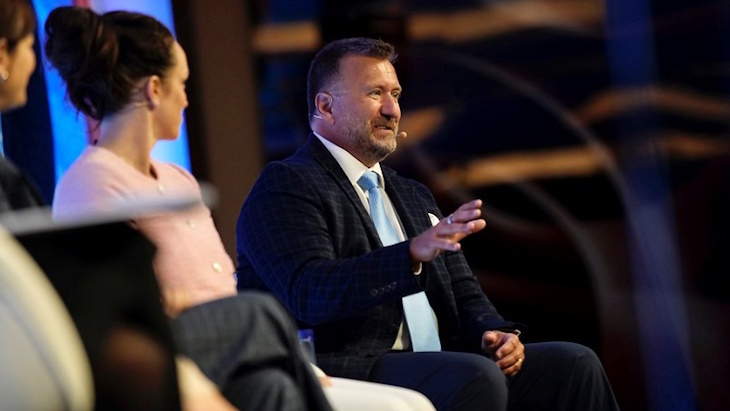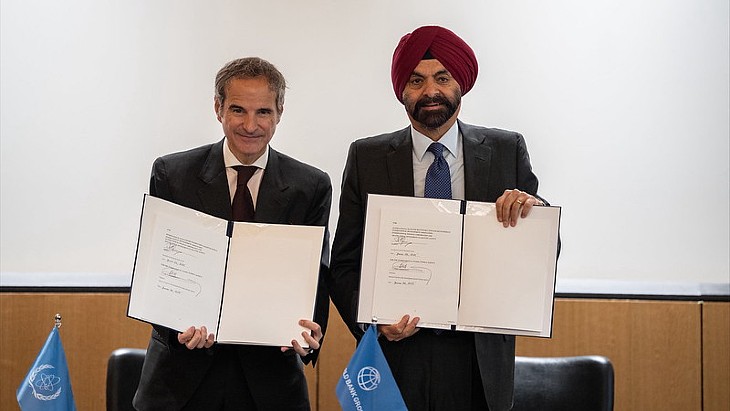EOn and CEA to cooperate on nuclear R&D
German energy group EOn and French national nuclear energy commission the CEA have signed a framework agreement on future cooperation in nuclear energy research and development. The CEA has also signed a cooperation agreement with French car maker Renault.
The agreement with EOn "provides the basis for new research projects focused on the future use of nuclear energy, which are in both CEA's and EOn's interest," according to the press release issued by both EOn and the CEA. It will cover projects relating to so-called second generation nuclear reactors - most of the world's currently operating nuclear power fleet - as well as third generation plant construction projects that are currently underway and future reactors and options for fourth generation fuel cycles, which according to the two bodies are expected to reach technical maturity for commercial use by the middle of this century.
Under the cooperation agreement, EOn will gain access to the CEA's research results, while the CEA will expand its European focus. It will also be able to include types of reactors in its research program that are planned or operated outside France.
In addition to several other European cooperation projects, the two companies are already partners in the European Sustainable Nuclear Energy Technology Platform (SNETP) and in various communities of interest under the European Commission's Strategic Energy Technology Plan.
Advanced nuclear reactors, of which third generation plants are an example, include standardised, simplified designs and extensive use of passive, or inherent, safety features to deliver long, reliable operating lives with enhanced safety at lower capital costs and with lower fuel consumption than second generation reactors. The first third generation reactors, GE-Toshiba-Hitachi advanced boiling water reactors (ABWRs), started up in Japan in the 1990s, with two more starting in 2004 and 2005. Third generation plants are under construction in various locations in Finland, France and China.
Generation IV reactors are being developed by an international task force for deployment between 2020 and 2030. Six types are currently being studied, all of which operate at higher temperatures than today's reactors and represent advances in sustainability, economics, safety, reliability and proliferation resistance.
Renault and CEA to cooperate
The CEA has also signed a new research and development agreement with French car manufacturer Renault to work together on cleaner vehicles and sustainable mobility for all. The agreement follows on from previous joint studies which have identified areas of possible synergy. Under the new three-year agreement, Renault will aim to achieve "technological breakthroughs" to offer cleaner, widely affordable vehicles, while the CEA will provide "input and suggestions".
The CEA's full title is the Commissariat a l'Energie Atomique et aux Energies Alternatives, and according to CEA chairman Bernard Bigot the agreement fits well with its aims. "This strategic cooperation with Renault perfectly illustrates the CEA's new mission in the field of alternative energies," he said.
Researched and written
by World Nuclear News
_77790.png)
_59102.jpg)
_49833.jpg)






..._58412.jpg)

